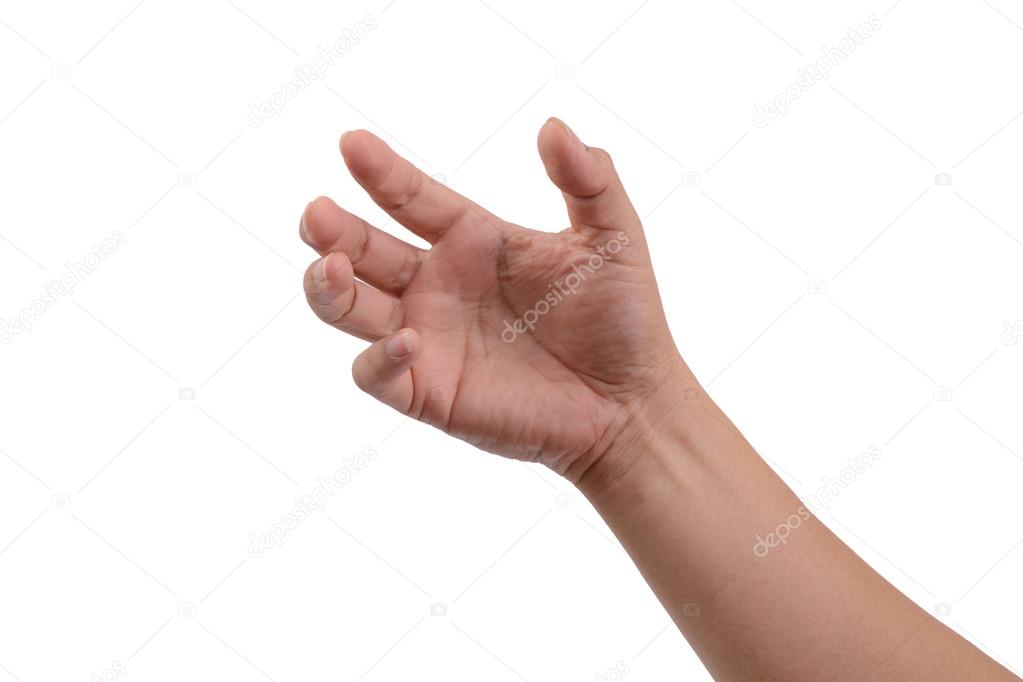

Monopolies and Tax Breaks are Counterproductive On the opposite side, if there’s too much supply and too little demand, companies will naturally shift towards production that is more profitable. When demand is high and production is low, companies naturally adjust their labor to provide goods at a higher price.

An Economy Is an Automatic Systemīecause the invisible hand drives natural flows of labor and production, an economy can run automatically and self-adjust based on the law of supply. The converse of this theory is also true: If labor is not appropriately divided – and production systems remain inefficient – a nation’s ability to grow wealth is limited. As companies invested in their employees to drive efficiency, the invisible hand would ultimately create more national wealth. National Wealth Through ProductivityĪccording to Smith, this labor market flexibility ultimately decided how much potential wealth a nation could create. More specialized hands could produce more efficiently, putting more inventory on the market and creating a natural cash flow which could then be reinvested in labor or in machinery to create even more efficient workflows. Instead of having a few people working on production of goods or services, Smith posited that the invisible hand pushed a healthy labor scalability among specialized workers. In order for a nation to have a strong gross national product, labor must be divided appropriately throughout the supply chain. Production and Exchange via Labor Markets This introduced the idea of wealth from gross national product: the sum of all domestic and foreign output created by those in a nation. While physiocrat theory argued that wealth was from land, Smith argued that wealth was built through healthy supply chains that were constantly exchanging goods and services. The first important concept from The Wealth of Nations is how nations accumulate wealth. Smith’s economic theories revolved around five different themes: how nations built true wealth, the division of labor, potential wealth through productivity, the invisible hand guiding the government, and the constant threat of monopolies and government interference. What Are the Main Themes of ‘The Wealth of Nations’?
#IVISIBLE HANDS FREE#
Instead of centering an economy around a commodity, an economy diversified through the natural exchange of goods and services will self-regulate and create gains for everyone – as if the invisible hand directs the free market. Instead, Smith believed that open markets with little government interference were effectively self-sufficient and would create a natural balance. Because agriculture provided food and energy, this group of philosophers believed the resulting commodities should be the highest-priced items in the marketplace.Īlthough Smith did not necessarily agree with the idea of physiocracy, the concept would ultimately drive his economic philosophy. The Physiocrats believed that the true wealth of any given nation was in the value of its land and how it was developed. Published in 1776, The Wealth of Nations is considered one of the greatest treatises on economics, The book was the culmination of Smith’s research on French Physiocrats during the 18th century. These ideas were later expounded upon in Smith’s most important book, The Wealth of Nations. In The Theory of Moral Sentiments, Smith discussed an unseen force that naturally guided the flow of a free and open market. The definition of the invisible hand comes from the writings of economist and philosopher Adam Smith. Here’s everything you need to know about how the invisible hand works through the marketplace. The idea of an invisible hand has nothing to do with conspiracy theories or hidden entities, but rather the natural order of the laissez-faire market. What does the invisible hand of the marketplace do? Does it suggest that at all times, there is a higher influence that guides how free markets run?

In The Theory of Moral Sentiments, Adam Smith theorized that as every individual intends to seek out his own gains, he is “led by an invisible hand to promote an end which was no part of his intention.”


 0 kommentar(er)
0 kommentar(er)
